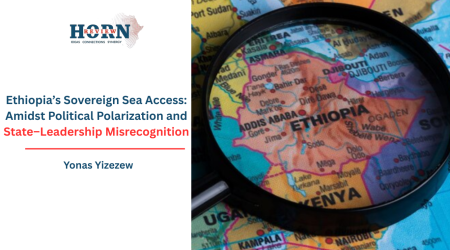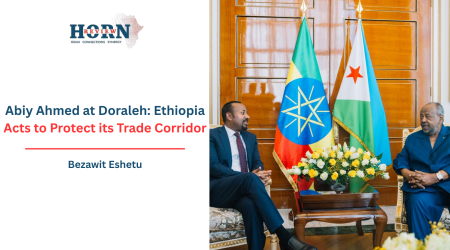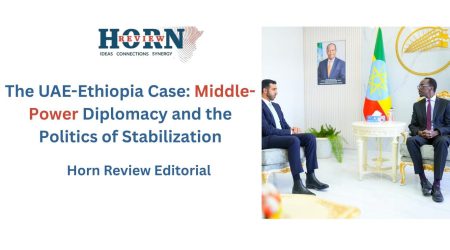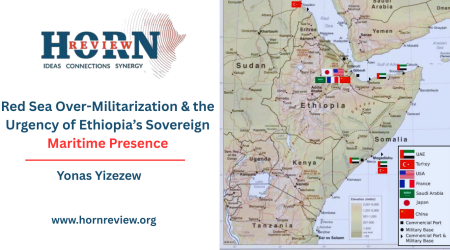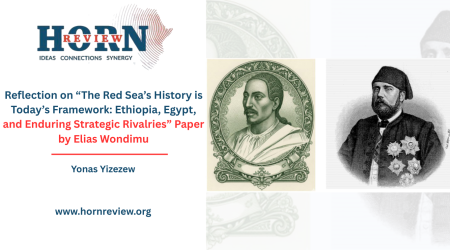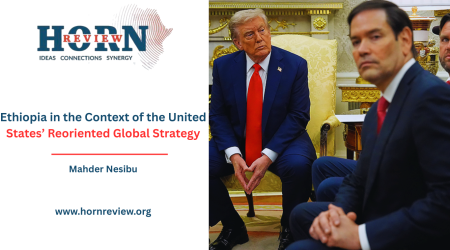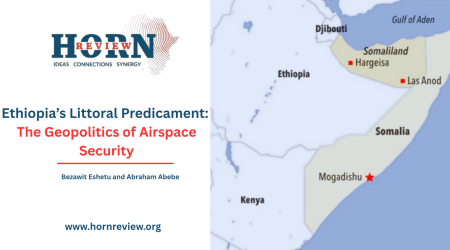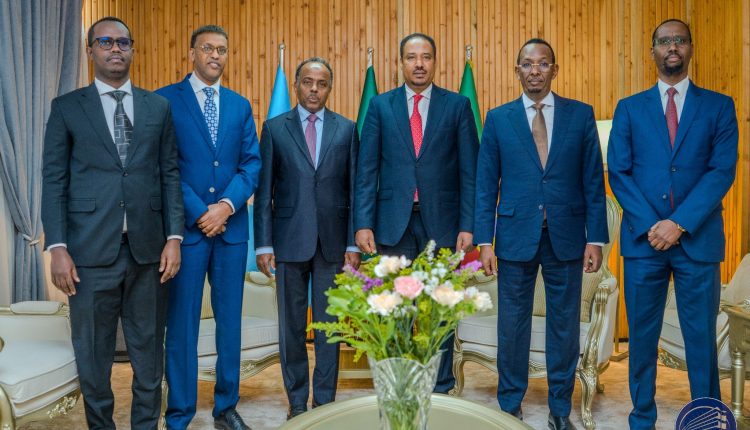
20
Feb
Ethiopia and Somalia Reaffirm Commitment to Ankara Declaration
The first round of technical negotiations between Ethiopia and Somalia under the framework of the Ankara Declaration has successfully concluded in Ankara, Turkey. The discussions mark a significant step toward fostering regional stability and cooperation.
The negotiations, hosted by Turkish Foreign Minister Hakan Fidan, saw the participation of high-level delegations led by Ethiopia’s Minister of Foreign Affairs, Gedion Timothewos, and Somalia’s State Minister for Foreign Affairs, Ali Mohamed Omar. The meeting follows the Ankara Declaration, which was signed on December 11, 2024, under the facilitation of Turkish President Recep Tayyip Erdoğan. The declaration represents a vision for enhanced bilateral relations and mutual development between the two East African nations.
Ethiopia’s Ministry of Foreign Affairs emphasized that both parties demonstrated a strong commitment to upholding the letter and spirit of the Ankara Declaration. The discussions focused on concrete steps to transform this shared vision into reality, laying the groundwork for sustainable and mutually beneficial development initiatives.
Türkiye’s role as a mediator and facilitator in the process was widely acknowledged by both delegations. The Ethiopian and Somali representatives expressed appreciation for Türkiye’s continued dedication to ensuring a constructive dialogue. Türkiye has also committed to preparing the groundwork for the next round of technical negotiations, scheduled to take place in March 2025.
The Ankara Declaration has been viewed as a milestone in regional diplomacy, offering a framework for Ethiopia and Somalia to address their common challenges while fostering economic and political cooperation. As both nations continue to engage in dialogue, the international community remains attentive to the outcomes of this collaborative effort and its potential impact on stability in the Horn of Africa.

